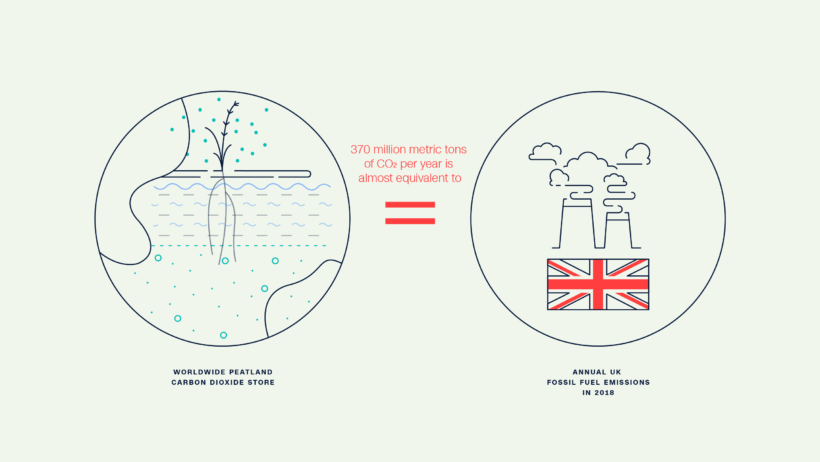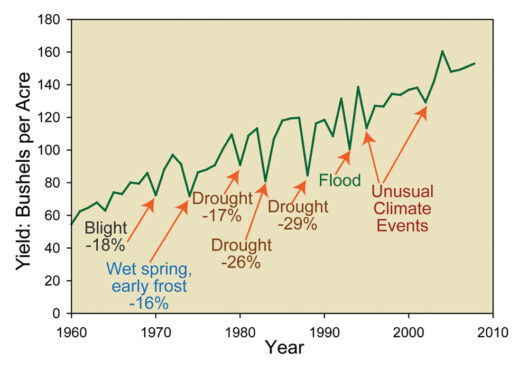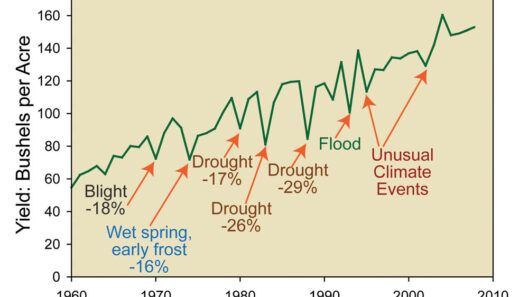The dire specter of global warming looms large, casting a daunting shadow over our planet. As humanity stands at a precipice, the question arises: can we defuse this climate change time bomb before it detonates? To answer this, we must contemplate the multifarious factors contributing to climate change, the implications of inaction, and the transformative strategies that could render a sustainable future possible.
First, let us delineate the nature of the ticking time bomb. Global warming is chiefly fueled by the indiscriminate burning of fossil fuels and the unnecessary deforestation of vital ecosystems. Greenhouse gases, primarily carbon dioxide and methane, emanate from industrial processes, deforestation, and agricultural practices, creating a thick mantle around the Earth that traps solar energy. This anthropogenic interference with natural systems has precipitated alarming alterations in our climate, such as increased frequency and severity of extreme weather events, rising sea levels, and disrupted ecosystems.
Scientists posit that to avert catastrophic outcomes, we must curtail global temperature rise to below 1.5 degrees Celsius by the end of the century. However, current trajectories suggest that we may exceed this threshold unless immediate and robust action is taken. The staggering reality is that many ecosystems are approaching tipping points beyond which restoration will be unfeasible. This creates a moral obligation for contemporary society: to act decisively and urgently.
Setting aside despair, it is crucial to foster a perspective that emphasizes the possibility of transformation. The urgency inherent in climate action should not be perceived solely as a burden, but rather as a catalyst for innovation, economic growth, and societal progress. Embracing this challenge can pivot our societal framework entirely—a paradigm shift that reimagines our relationship with Nature.
Technological advancements serve as potent tools in the battle against climate change. From renewable energy solutions such as solar, wind, and hydropower to carbon capture and storage techniques, modern technology presents a plethora of avenues through which we can reduce our carbon footprint. Transitioning from fossil fuels to sustainable energy sources not only diminishes emissions but also stimulates job creation in burgeoning green industries. Investment in research and development is crucial to accelerate this transition, making clean technologies more efficient and accessible.
Moreover, reforestation and the restoration of degraded landscapes could be monumental in carbon sequestration efforts. The Earth’s forests are essential carbon sinks; thus, protecting existing forests and restoring those that have been lost is paramount. Initiatives that promote agroforestry, which integrates trees into agricultural landscapes, can enhance biodiversity, improve soil health, and ameliorate local climates, creating resilient ecosystems while providing farmers with sustainable livelihoods.
Adopting a circular economy model, where resources are reused, refurbished, and recycled, is another strategy that can significantly reduce waste and emissions. This system can alleviate the pressure of resource extraction and waste accumulation. Emphasizing sustainability in manufacturing processes and consumption patterns requires a collective commitment from both corporations and individual consumers. The shift requires mindfulness in purchasing decisions and an understanding of the broader environmental ramifications of consumerism.
Policy intervention is also fundamental to enacting substantial change. Governments can facilitate climate action through legislation that incentivizes green practices and discourages polluting activities. Introducing carbon pricing mechanisms can alter market dynamics, prompting companies to adopt more sustainable methods of operation. Furthermore, international cooperation is essential, as climate change is a global issue that transcends borders. Multinational agreements can foster collaborative approaches, ensuring that all nations contribute equitably to global efforts.
Education and awareness are indispensable components of this multifaceted approach. Empowering individuals with knowledge about climate change and its consequences can inspire civic engagement and grassroots activism. Educational institutions have a pivotal role in shaping the values and skills of future generations, steering them towards environmentally conscious choices. Communities that engage in environmental stewardship foster a culture of respect and responsibility towards Nature, amplifying collective action.
While the challenges posed by climate change are formidable, they are not insurmountable. The convergence of technology, policy, education, and community engagement offers a holistic approach to defusing the global warming time bomb. Each individual possesses the power to contribute to this cause, and collective efforts can catalyze systemic change. The burning question is not whether we can avert disaster, but rather, are we willing to embrace the transformative potential that this crisis presents? The opportunity to rectify the missteps of the past and forge a sustainable, equitable future lies within our grasp.
In conclusion, the future is not solely dictated by the sobering realities of climate change; it is shaped by our response to them. The commitment to catalyze change, to innovate, to educate, and to engage will dictate whether we can indeed defuse the global warming time bomb before it’s too late. With urgency and collective resolve, we can foster a thriving planet for generations to come, demonstrating that humanity is more than capable of overcoming even the gravest of challenges.






